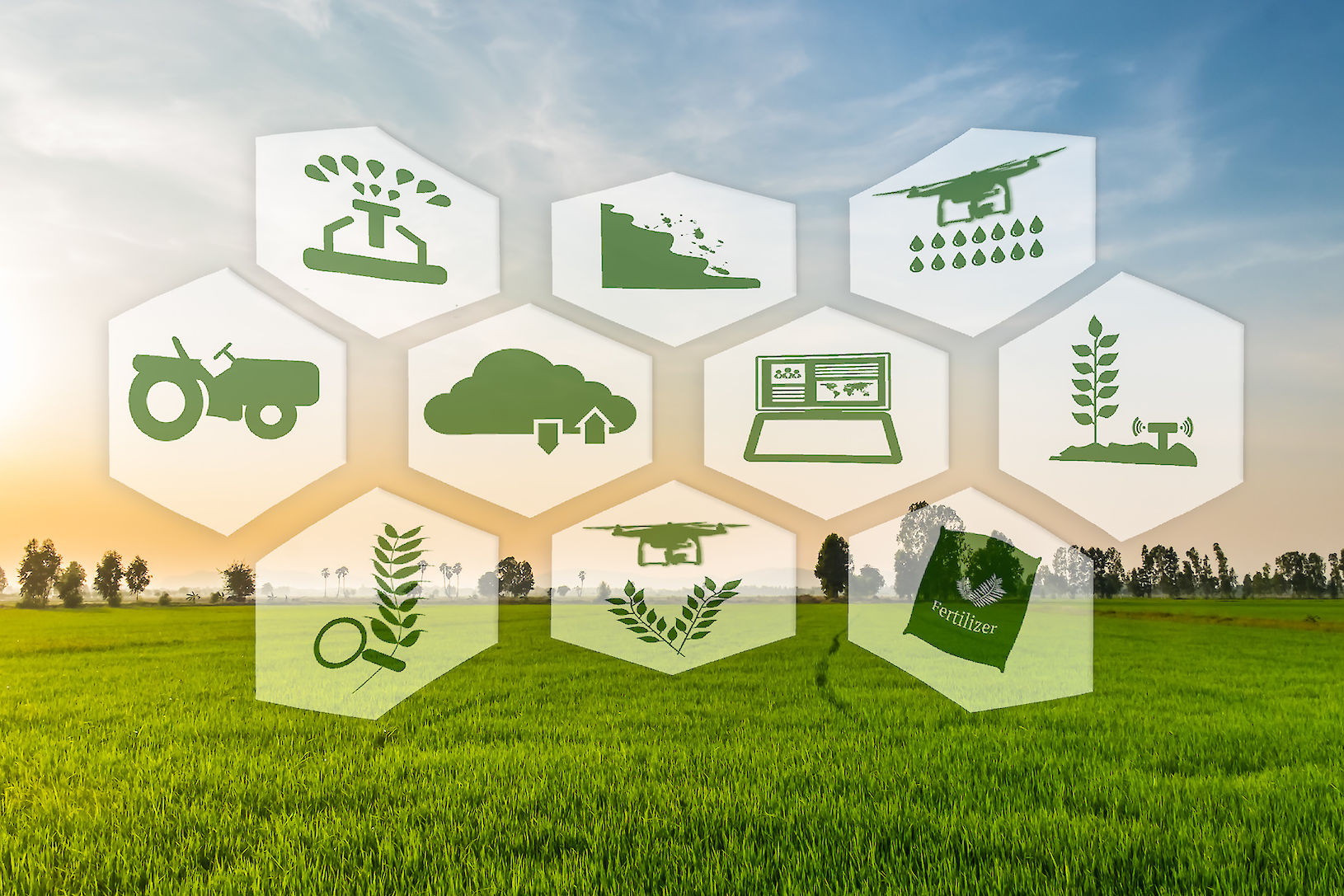Nigerian women have been tasked to embrace technology and open their minds to learn more about how to improve their various agri-businesses with digital revolutions.
Stakeholders in agri-business and advocacy, who gave the charge Friday at a one-day training for some women at Jiwa, a rural community in Abuja, said leveraging on technology was the only way their marketing strategy in the sales of farm produce can improve.
Daily Trust Saturday reports that the training was put together by Small Scale Women Farmers Organisation in Nigeria (SWOFON), Senema Productions, Centre for Accountability & Inclusive Development (CAAID) and two other Non-Governmental Organisations.
Speaking to journalists on the sideline of the training, Executive Director Senema Productions Limited, Senami Ohiomokhare, explained that the community dialogue was aimed at exploring ways to deepen gender-friendly innovations and technology in the agricultural ecosystem for female farmers.
- PHOTOS: Road crash victims rescued along Abuja-Kaduna highway
- ‘Why North Central should produce Senate president’
Mrs Ohiomokhare added that the meeting was a fact-finding mission to know what challenges the women are facing and proffer solutions to some of the problems.
She said, “No one can live outside technology anymore, especially for something as simple as opening a bank account. Succinctly, no one can do anything without technology in this 21st Century. For instance, women can market their farm produce by sharing their pictures.
“Women are ready to learn, it is not rocket science after all, and they are not going to be asked to go to the moon. They just need to be shown how, and I believe they will be able to do it on their own with as little as a smartphone.”
Speaking on the theme of the training: “Embrace Equity Community Dialogue; Gender-Friendly Agricultural Innovations and Technology,” Executive Director, DICE, Bosede Akinbolusere, said the world was moving, and those not technologically inclined and relevant will be left behind.
“In Africa and most developing countries, women are over-represented in farming, in agriculture. If these people that are there on the farm are left behind, there will be problems of food security in the future.”

 Join Daily Trust WhatsApp Community For Quick Access To News and Happenings Around You.
Join Daily Trust WhatsApp Community For Quick Access To News and Happenings Around You.


